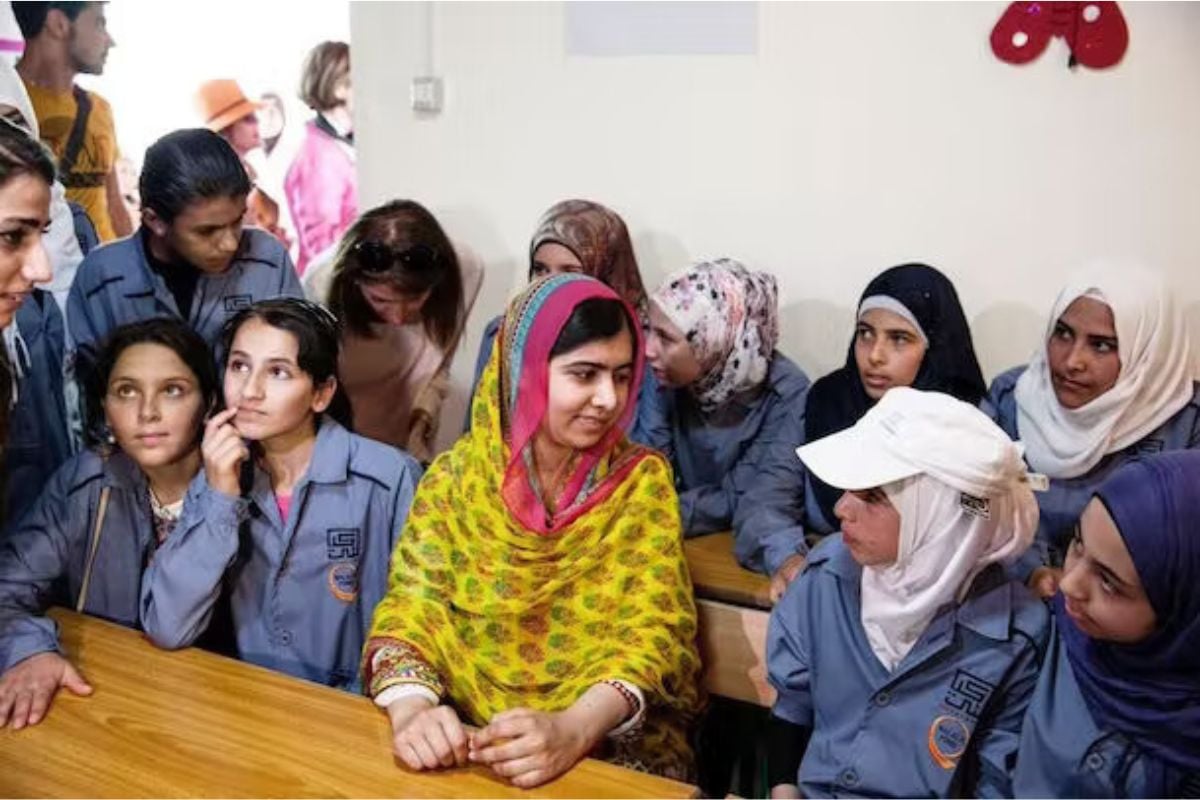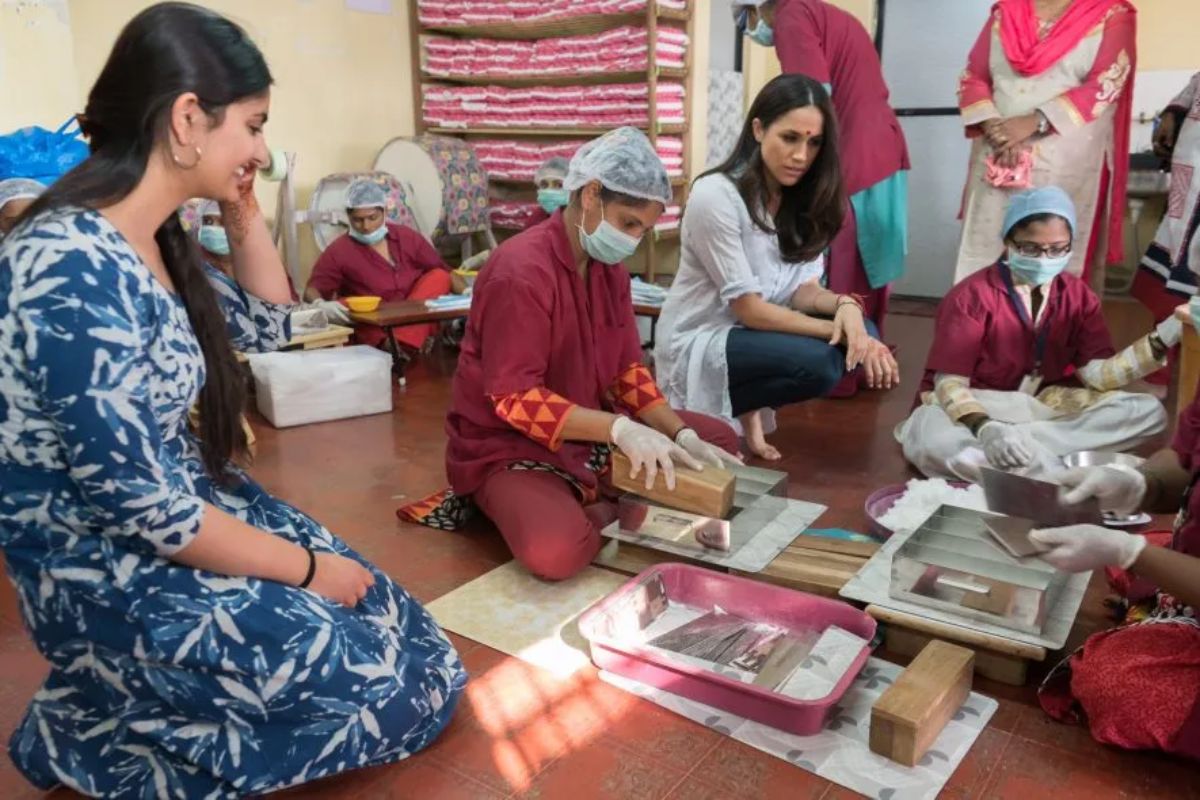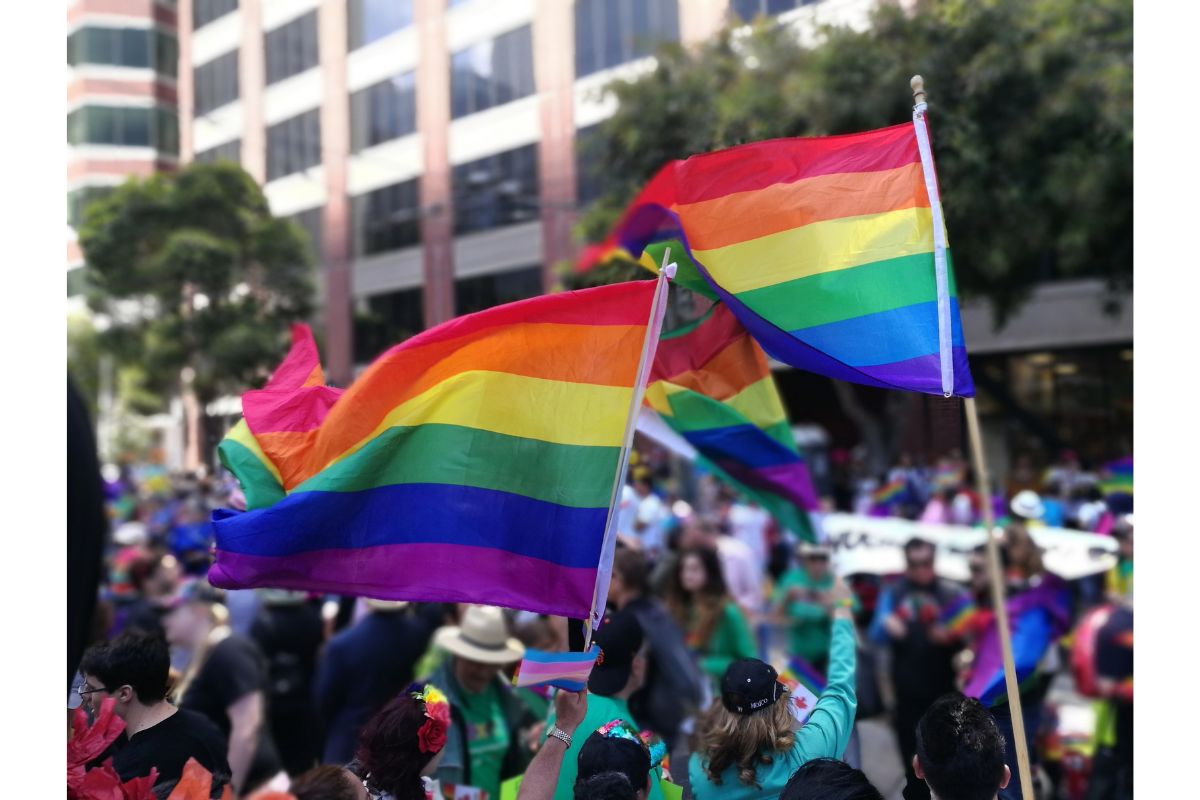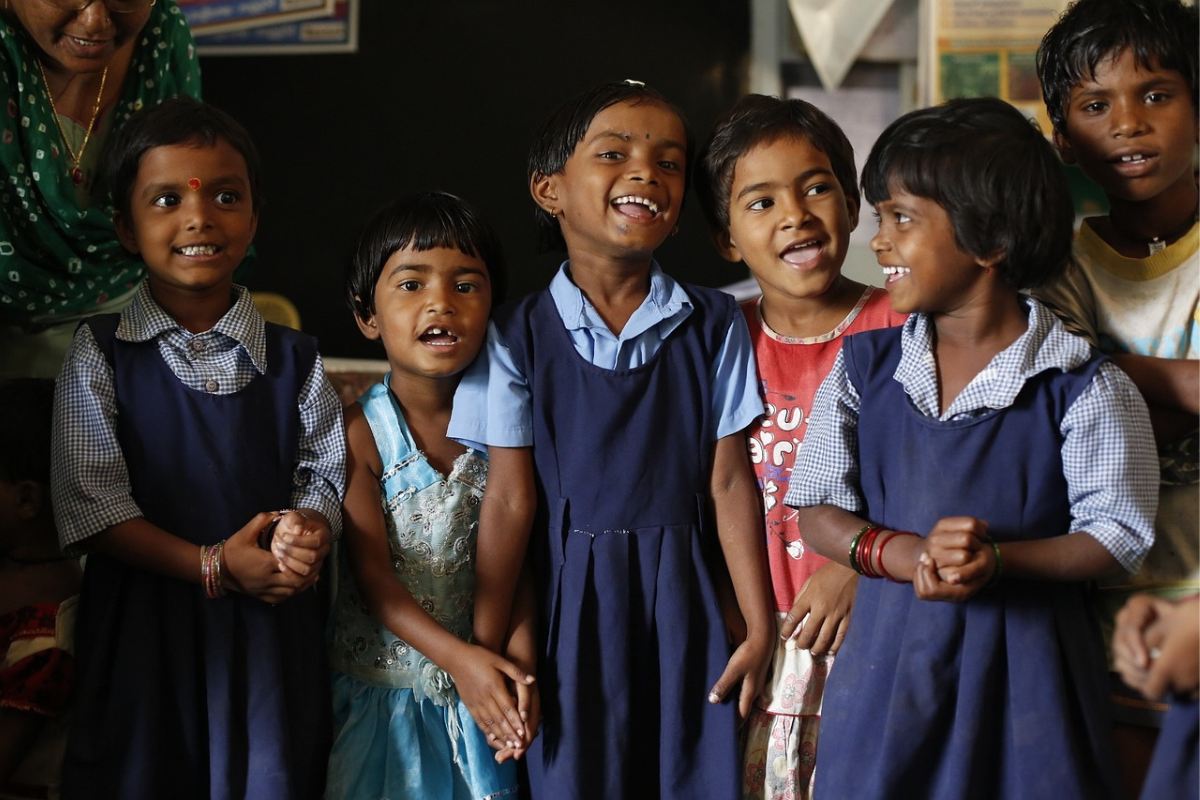Over the past few years, we have witnessed the rise of female-led organizations that are playing a crucial role in dismantling gender barriers, empowering women from underprivileged backgrounds and challenging the traditionally male-dominated corporate sphere. From providing menstrual hygiene education and financial literacy to offering skills for leadership development, these organizations are making strides in creating a more equitable society.
While there is still a long way to go, female-founded start-ups to Fortune 500 companies are leading the charge and setting a precedent for the rest of the industry to follow. Here, we explore the impact of eight trailblazing firms and how they are changing the game for women of all ages.
1. Women’s World Banking
Founded by Esther Ocloo, Ela Bhatt, Michaela Walsh and Jocelyn Dow in 1979, Women’s World Banking is a pioneer in the field of microfinance and revolutionizing the way women access financial services, knowledge and markets.
The organization was founded on the belief that giving under-serviced subsets of the female population better financial guidance would not only improve individual lives, but also have a positive impact on the women’s families and communities.
The not-for-profit works with local financial institutions to create tailored financial products and services for women. These products include savings accounts, loans and insurance policies that are designed to meet the unique needs of each participant.
In addition, the organization conducts research and advocacy to promote gender equality in finance. It has played a key role in raising awareness of the importance of women’s financial inclusion and has worked to create policies that support their access to financial services.
The organization’s initiatives have helped more than 50 million women start and grow their own businesses, support their families and become leaders in their communities.
Women’s World Banking also focuses on creating partnerships with financial institutions to leverage their expertise and resources to create sustainable solutions that have a lasting impact on women’s lives.
2. Malala Fund

Malala Fund is a not-for-profit organization founded by Nobel Peace Prize laureate Malala Yousafzai and her father Ziauddin Yousafzai in 2013. The organization’s mission is to ensure that every girl has access to 12 years of free, safe and quality education.
Operating in several countries including Pakistan, Nigeria, India and Afghanistan, its work includes advocacy, research and investment in education initiatives – particularly in areas where girls’ education is most at risk.
One of Malala Fund’s initiatives is the Gulmakai Network, which supports education champions in developing countries and helps them advocate for girls’ education in their communities. Other Malala Fund initiatives include providing scholarships to girls from low-income families, offering training to potential educators and advocating for policy changes that prioritize girls’ education.
3. Girls Who Code

Founded in 2012 by Reshma Saujani – a lawyer and the first Indian-American woman to run for the United States Congress – Girls Who Code empowers young women to pursue careers in technology and engineering, bridging the gender gap in the male-dominated fields.
To do so, the not-for-profit runs coding courses, learning camps and after-school programs to girls from eight to 18 years old.
The organization provides education in a variety of programming languages with the tools and support young women need to thrive in science, technology, engineering and mathematic fields. Offering a community that fosters creativity, leadership and innovation, it encourages them to work on projects from social justice to art and robotics.
4. Lean In

Lean In is a not-for-profit organization founded in 2013 by Facebook’s COO Sheryl Sandberg. The organization’s goal is to empower women to achieve their professional pursuits and create a more equal world.
Through its programs, Lean In provides women with the tools and resources they need to succeed in the workplace. The organization offers training, mentorship and networking opportunities, as well as resources to help women negotiate better salaries and advance their careers.
One of Lean In’s most popular initiatives is Lean In Circles, which consists of small groups of women who meet regularly to support each other and share their experiences. The program has reached more than 50,000 circles in 170 countries and provides a space for women to discuss their challenges and goals in a positive and uplifting environment.
The impact of Lean In’s work can be seen in the stories of the women it serves – from women advocating for their own needs in the workplace to those breaking into male-dominated fields.
5. Myna Mahila Foundation

Myna Mahila Foundation is a Mumbai-based not-for-profit organization that was founded by Suhani Jalota in 2015. The organization aims to empower women in India by providing them with access to affordable and sustainable menstrual hygiene products, as well as education and employment opportunities.
Employing women from urban slums in Mumbai to manufacture and distribute low-cost sanitary pads, the foundation also runs health and hygiene workshops that educate women about menstrual hygiene and reproductive health. While doing so, the foundation also contributes to breaking down the cultural taboo around menstruation in India.
In 2018, Myna Mahila Foundation gained global attention when Meghan Markle chose the organization as one of the seven beneficiaries of donations during her royal wedding to Prince Harry.
6. Women’s Bean Project
The Women’s Bean Project was founded in 1989 by Jossy Eyre, who wanted to help women break the cycle of poverty and unemployment in Denver, Colorado. The organization provides a transitional job training program, where women can learn valuable skills in areas such as manufacturing, packaging and marketing by producing and selling gourmet food products.
The project’s most popular product is its bean soup mix, which comes in various flavors and is made from high-quality ingredients.
One of the unique features of the social enterprise is its focus on holistic personal development. In addition to job training and employment, it offers lessons in financial literacy, interpersonal communication and goal-setting, as well as access to counseling services and a support network.
7. The Naz Foundation

The Naz Foundation is an Indian non-government organization, dedicated to advancing the rights of marginalized communities, with a particular focus on gender and sexuality.
Founded in 1994 by Anjali Gopalan – a prominent activist and human rights defender – the organization provides a range of services, including counseling, legal aid and medical support to women and members of the LGBTIQA+ community affected by HIV/AIDS.
One of the organization’s most significant achievements was the landmark 2009 Delhi High Court decision that decriminalized homosexuality in India. The foundation played a key role in bringing the case forward and campaigning for legal recognition of same-sex relationships.
The Naz Foundation’s work has proven to be critical in breaking gender barriers and challenging societal norms that perpetuate discrimination and prejudice against marginalized groups. Through its advocacy and support services, it empowers individuals to stand up for their rights and fight against systemic injustices. Its impact on the lives of countless individuals is a testament to the power of grassroots activism.
8. The Female Lead

The Female Lead is a not-for-profit organization founded in 2015 by Edwina Dunn, who is a United Kingdom-based entrepreneur and philanthropist.
With a goal to empower women in all age groups by sharing their stories of success and inspiring the next generation of female leaders, it spotlights their journeys through a variety of media including film, photography and articles. These stories showcase the diverse backgrounds and experiences of women across various industries and walks of life, from politics and entertainment to science and technology.
The Female Lead’s many ground-breaking initiatives include providing free books and educational programs to schools and conducting studies in under-researched areas to influence government policies.







